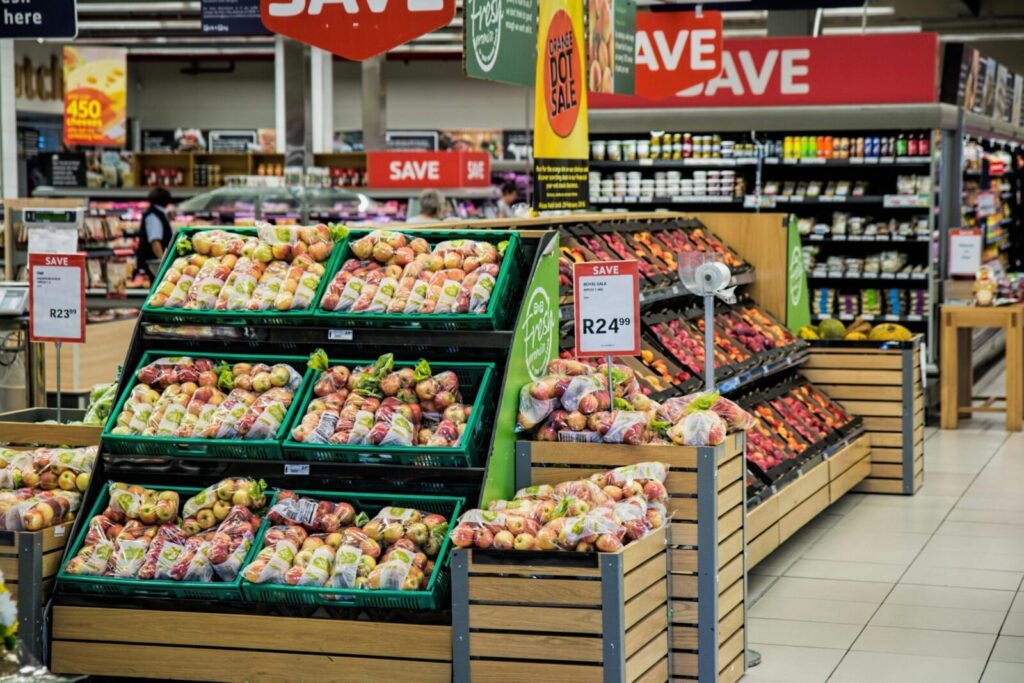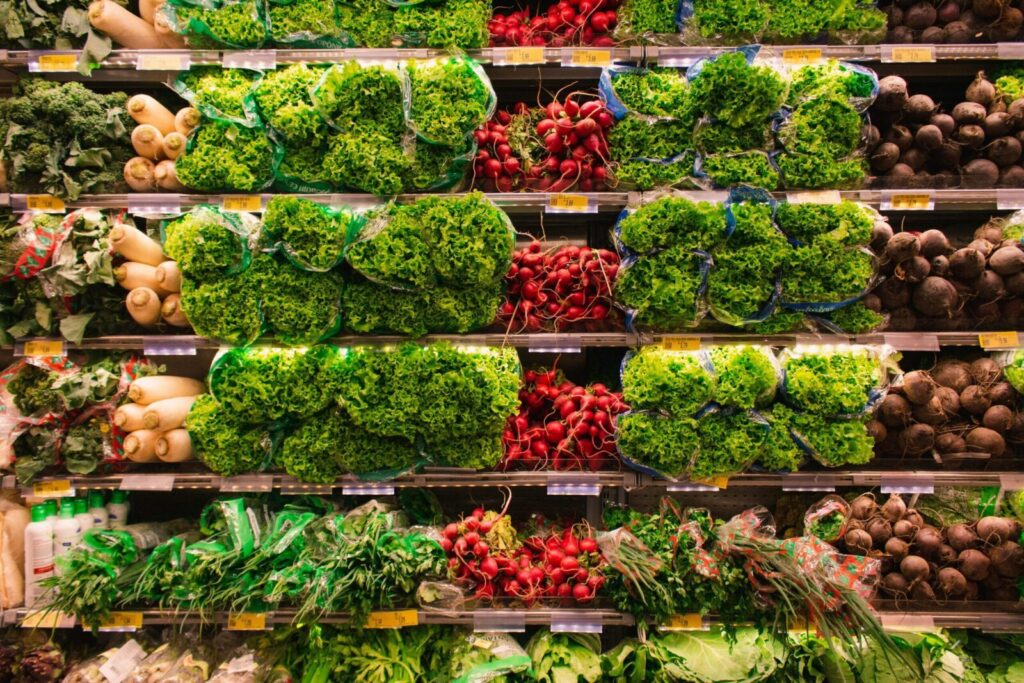Managing your food budget wisely does not mean settling for low-quality meals or sacrificing the ingredients you enjoy. With the rising cost of groceries, many people are seeking practical ways to shop smarter while still putting nutritious, flavorful dishes on the table. The good news is that quality and savings can go hand in hand when you adopt intentional shopping habits. By planning ahead, making informed choices, and understanding how to maximize each purchase, you can significantly reduce unnecessary spending. These habits not only help your finances but also encourage healthier eating, reduce waste, and make every grocery trip more efficient. Whether you are cooking for yourself or for an entire household, these strategies can simplify your routine and ensure every peso works harder. With a little preparation and awareness, you can enjoy delicious, high-quality meals without stretching your wallet too thin.
1. Plan Your Meals Before Shopping

Planning meals ahead of time allows you to focus on what you actually need instead of buying items on impulse. When you prepare a weekly meal plan, you can check your pantry first and avoid buying duplicates. It also helps you use ingredients across multiple dishes, reducing waste and lowering costs. A clear plan prevents aimless browsing, which often leads to unnecessary purchases. You can also take advantage of sales by planning meals around discounted ingredients. This habit provides structure, saves time, and ensures you only buy items that match your budget and dietary needs.
2. Create a Detailed Grocery List

A well-organized grocery list guides your shopping trip and keeps you within budget. Instead of wandering through aisles, you move with purpose and avoid picking up items you do not need. Categorizing your list by sections such as produce, dairy, and pantry helps you stay efficient. This habit also reduces the chance of forgetting essentials, which often leads to extra store visits and more spending. A detailed list prevents impulse buying, supports healthier choices, and ensures that your purchases match your meal plan. Over time, this simple habit can significantly reduce wasted money and unnecessary stress.
3. Compare Prices and Unit Costs

Looking at unit prices helps you understand the true cost of each product. The lowest shelf price is not always the best value, so checking the cost per gram, liter, or piece ensures smarter decisions. This habit lets you determine whether bulk sizes, store brands, or smaller packages give more value. Comparing prices across different stores or apps also helps you find the best deals. Over time, you become more aware of pricing patterns, allowing you to recognize when a sale is truly worth it. Understanding unit costs empowers you to shop wisely without compromising food quality.
4. Buy Seasonal and Local Produce

Seasonal fruits and vegetables are usually more affordable because they are abundant and easier to transport. They also tend to be fresher, tastier, and higher in nutrients compared to out-of-season options. Local produce often has shorter travel time from farm to market, which helps maintain quality while keeping prices down. By choosing seasonal and local items, you support nearby farmers and reduce environmental impact. This habit encourages you to explore new ingredients and create meals that highlight peak flavors. Shopping this way helps you stay within your budget without giving up freshness or nutritional value.
5. Take Advantage of Sales and Rewards Programs

Sales, discount days, and loyalty programs can lead to significant savings when used wisely. Rather than buying items impulsively, focus on discounted products that align with your meal plan. Many stores offer loyalty points or cashback rewards that accumulate with every purchase, helping you save more in the long run. Promotions on staples such as rice, pasta, or canned goods allow you to stock up on essentials at lower prices. Keeping track of recurring sales helps you anticipate deals and avoid overpaying. With mindful planning, you can stretch your budget while still buying quality ingredients.
6. Choose Store Brands When Possible

Store brands often offer comparable quality to well-known brands but at a lower price. Many of these products come from the same manufacturers as branded items, meaning the difference is often just packaging. Trying store brands for basics such as sugar, flour, pasta, or cleaning supplies can greatly reduce your grocery expenses. Over time, you can identify which store brand items match your standards and which you prefer from name brands. This habit encourages open-mindedness, helps you discover affordable alternatives, and allows you to enjoy quality products without overspending.
7. Buy in Bulk for Long-Lasting Essentials

Purchasing items in bulk works best for staples that have long shelf lives, such as rice, oats, dried beans, and cooking oil. Bulk purchases often cost less per unit, giving you greater value over time. To avoid waste, focus on items you use frequently rather than buying large quantities of everything. Proper storage is key to maintaining freshness and preventing spoilage. Buying in bulk also reduces the number of trips to the store, saving time and transportation costs. When done strategically, this habit helps you maintain a well-stocked kitchen while staying within your budget.
8. Avoid Shopping When Hungry or Rushed

Shopping while hungry leads to impulse buying, especially of snacks and ready-to-eat items that can be more expensive. Being rushed also makes you prone to grabbing whatever seems convenient rather than sticking to your list. Taking your time allows you to compare prices, check quality, and think through each purchase. Shopping with a clear mind helps you stay disciplined and avoid unnecessary costs. When you shop at a calmer pace, you are more likely to make choices that align with your budget and meal plan. This simple habit greatly improves your overall shopping discipline.
9. Reduce Food Waste Through Proper Storage

Storing food correctly ensures ingredients last longer, preventing spoilage and unnecessary expenses. Learning simple storage methods such as keeping vegetables in breathable bags, freezing meats properly, or storing grains in airtight containers can make a big difference. Organizing your fridge and pantry also helps you see what needs to be used first, reducing the chance of items expiring unnoticed. Making the most of leftovers, meal prepping, and repurposing ingredients also helps minimize waste. Reducing food waste not only saves money but also supports a more sustainable and mindful approach to household food management.
Comments